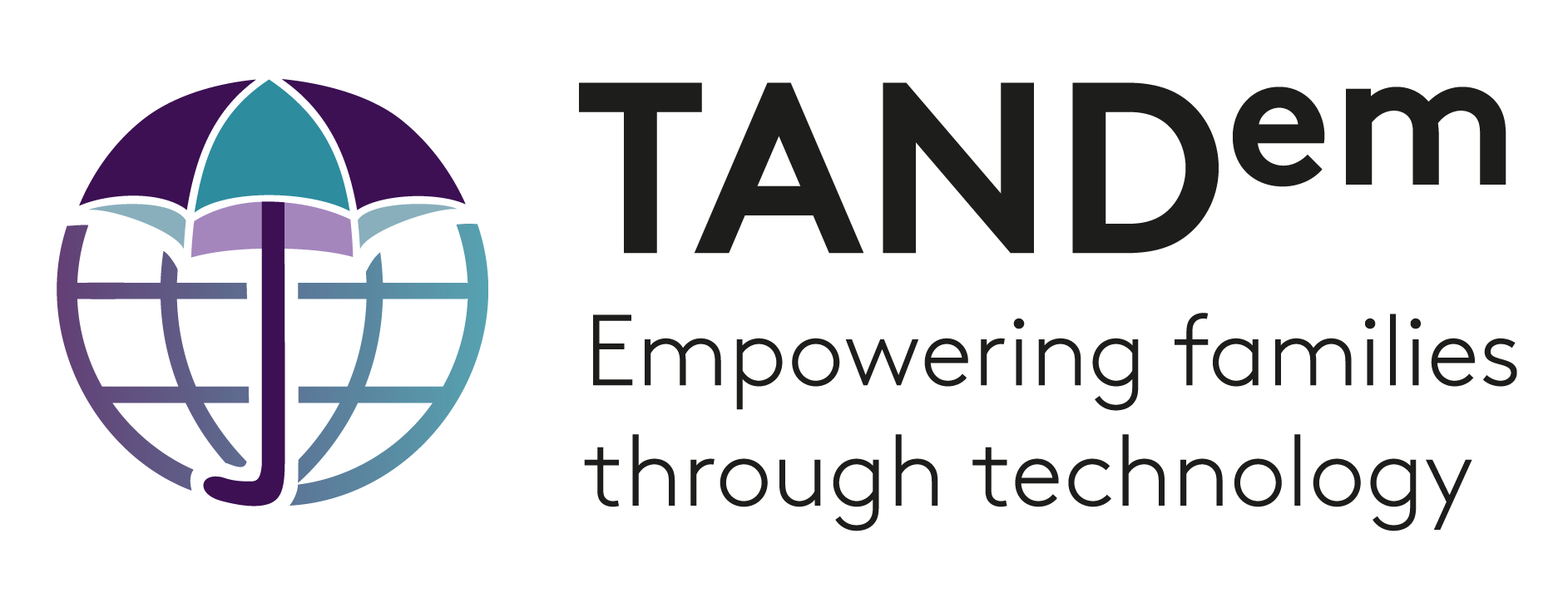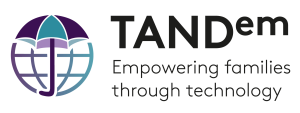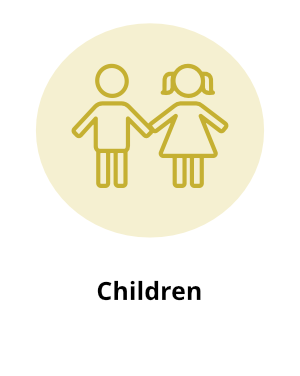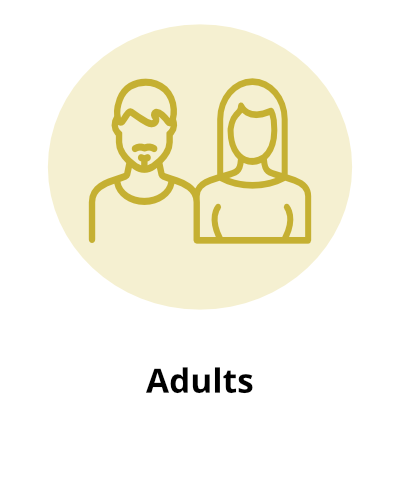Eat/Sleep Cluster
Home > TAND Clusters > Eat/Sleep > What to do > Sleep > Adults
Sleep in adults
- Apps can be downloaded and setting adjusted on electronic devices to limit blue light (e.g. night light mode in display settings).
- Sleep apps may be useful to optimise sleep routines and calming activities before bed. Sleep trackers and soundscapes on some apps are free to download.
- If you experience daytime sleepiness, the best time to take a daytime nap is in the early afternoon, which should be no longer than 20-30 minutes. Napping schedules may differ in line with night working or shift work.
- Nicotine and alcohol use can also affect sleep. Limit their use if you observe negative effects in your sleep quality.
- Anxiety and stress are significant factors that affect sleep. Have honest and open discussions during the day (not in the lead up to bedtime) about stressors in your life with friends, relatives and health professionals.
- Engage in relaxing activities in the hour before bed, do not use this time to complete work deadlines or chores. Write down next day to-do lists or write in a journal as your calming activity before bed.
- Practice yoga, mindfulness activities and self-care routines, and seek professional support if your mental health is impacting your ability to sleep.







